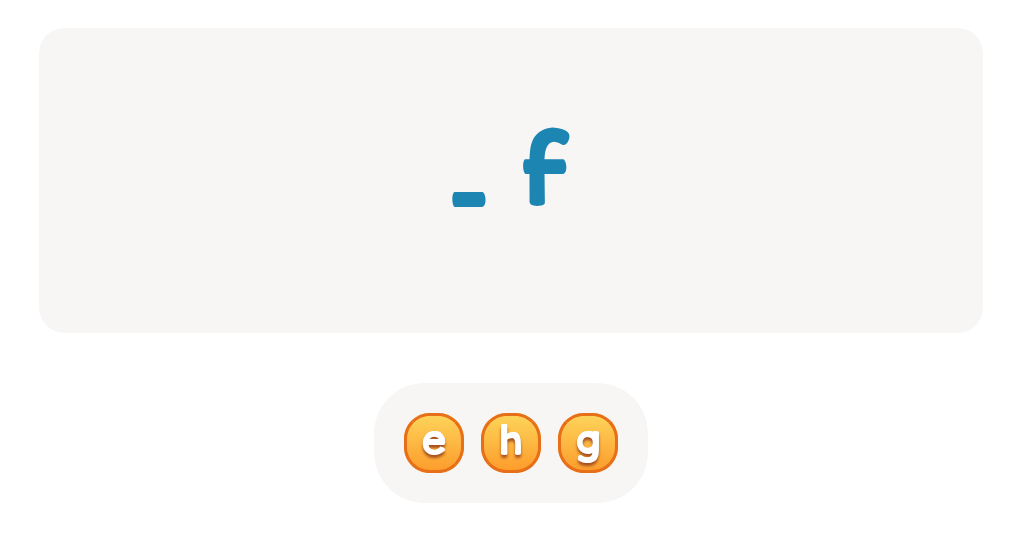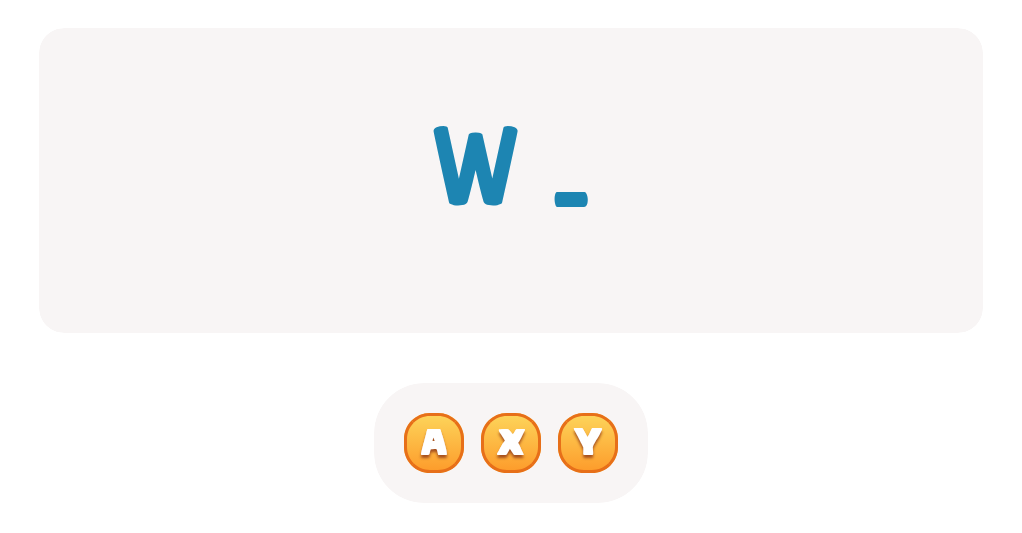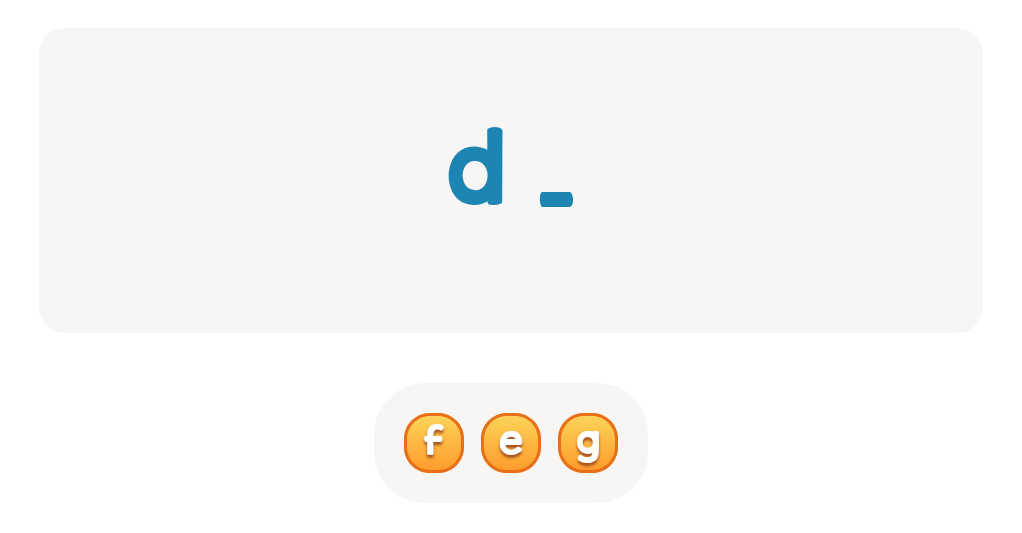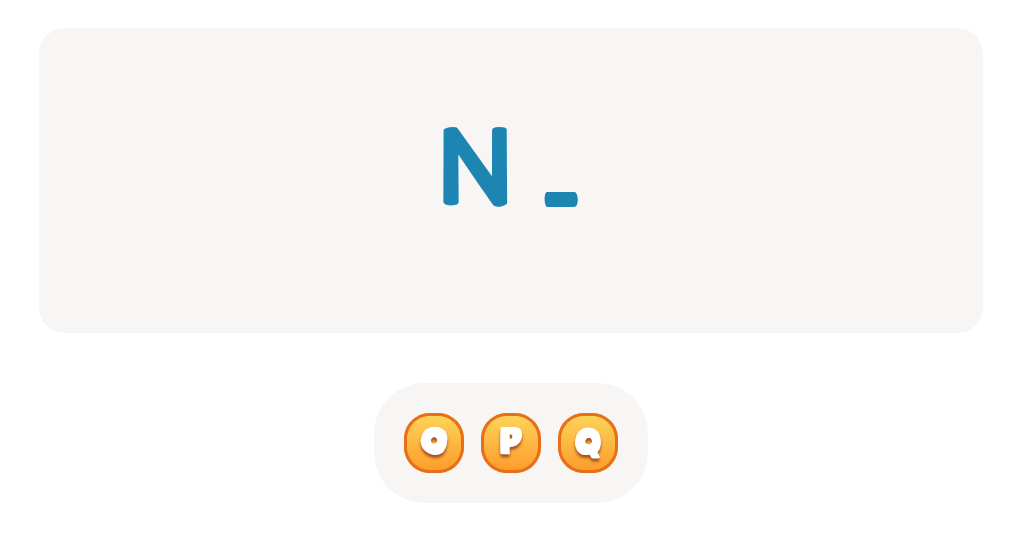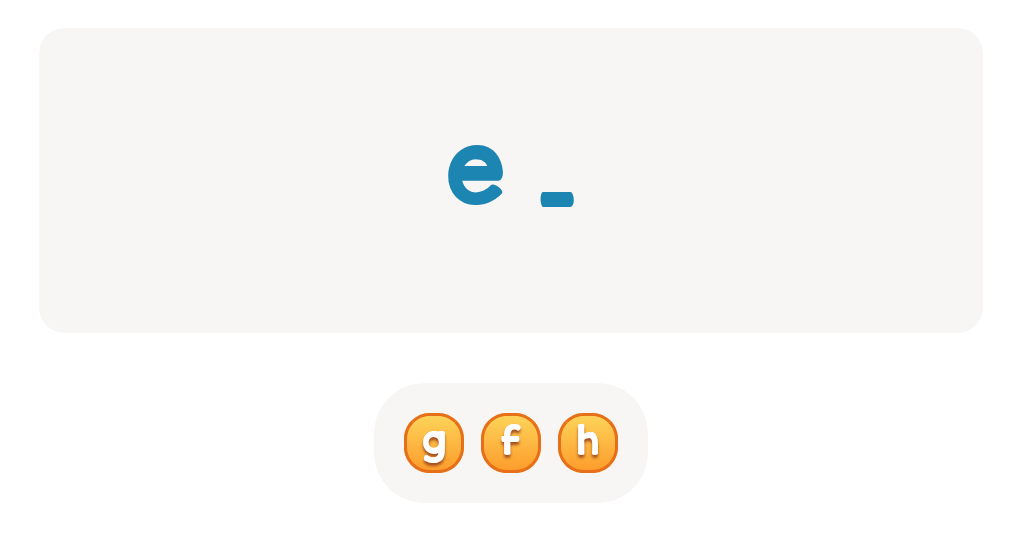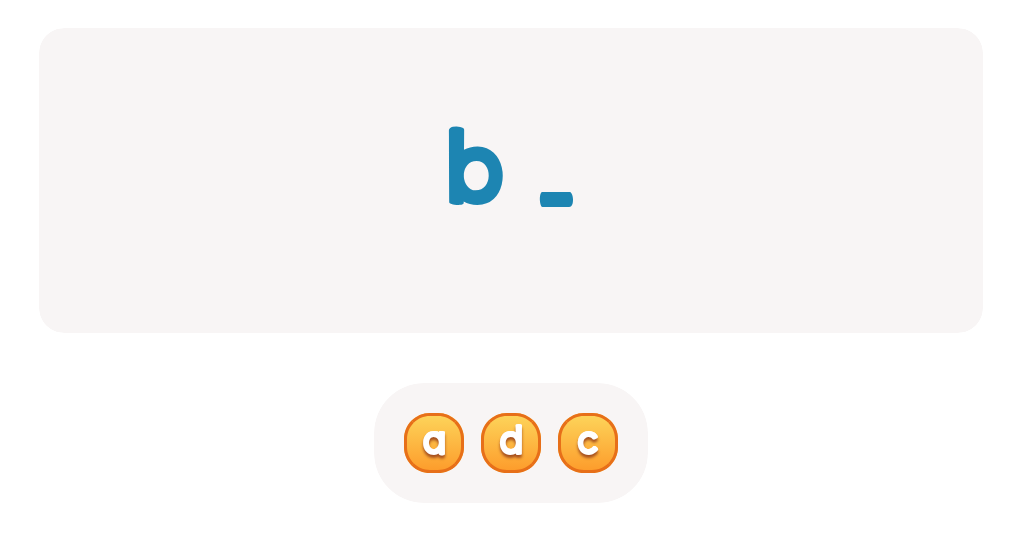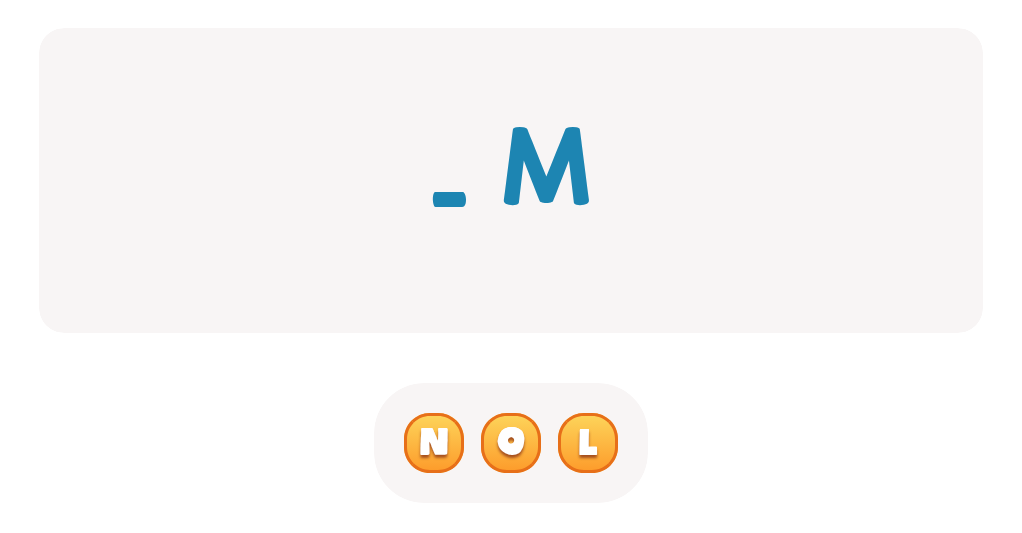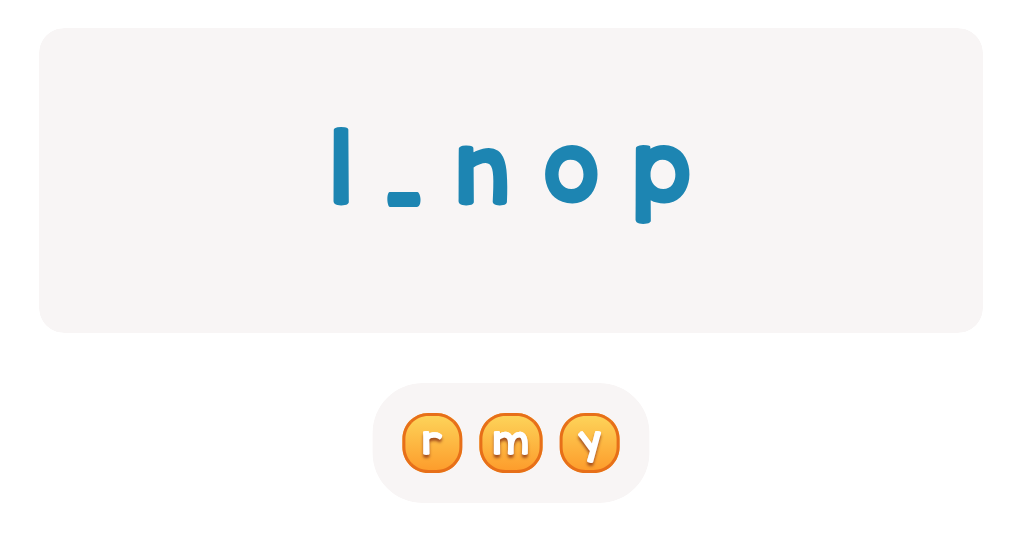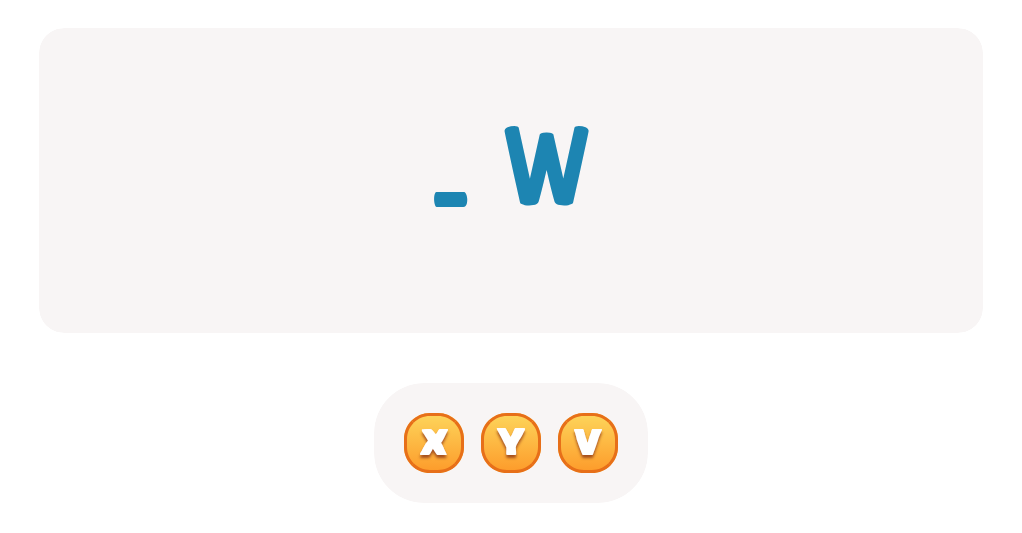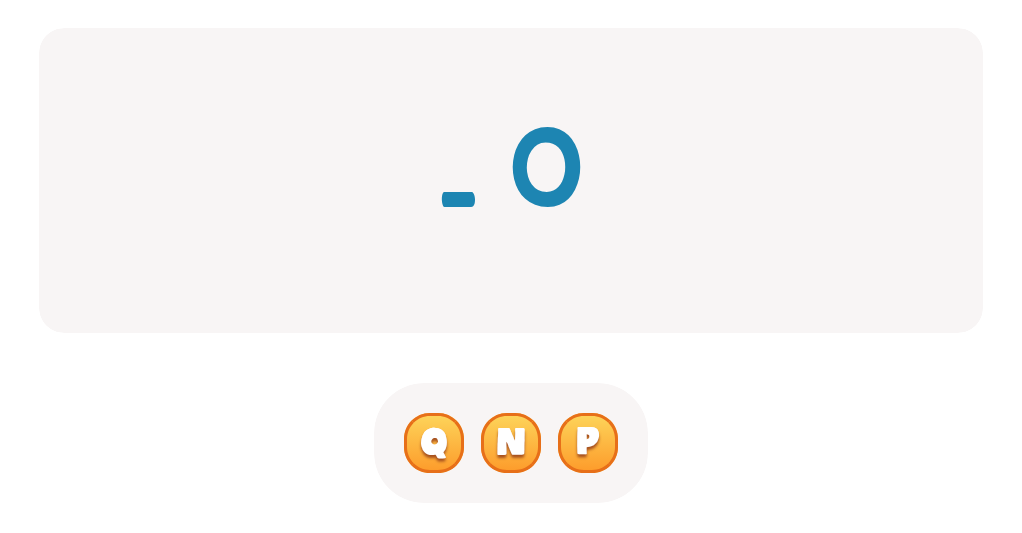Writing practice Normal ABC Letters Worksheets for Ages 4-7
6 filtered results
-
From - To
Enhance your child's writing skills with our engaging Normal ABC Letters Worksheets, designed for children ages 4-7. Perfect for early learners, these worksheets provide structured practice that promotes proper letter formation and boosts confidence in writing. Each worksheet is tailored to develop fine motor skills while familiarizing young learners with the alphabet. With fun and interactive activities, kids will enjoy practicing uppercase and lowercase letters, making learning an enjoyable experience. Our user-friendly format ensures that parents and teachers can easily guide their little ones. Start your child’s writing journey with our captivating worksheets today!
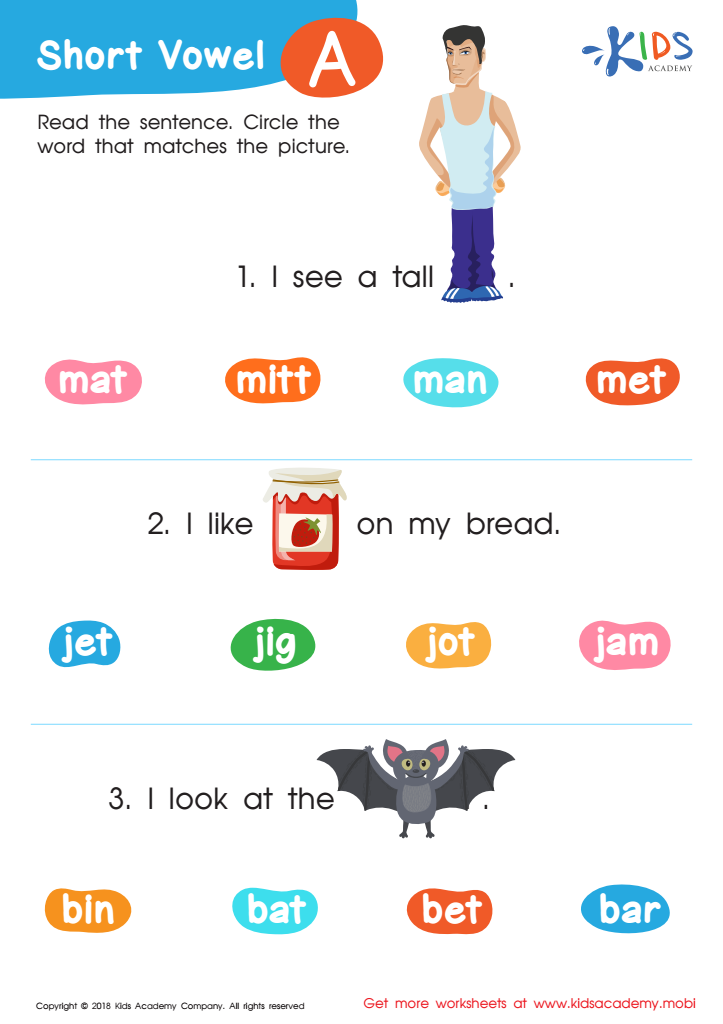

Short Vowel /a/ Worksheet
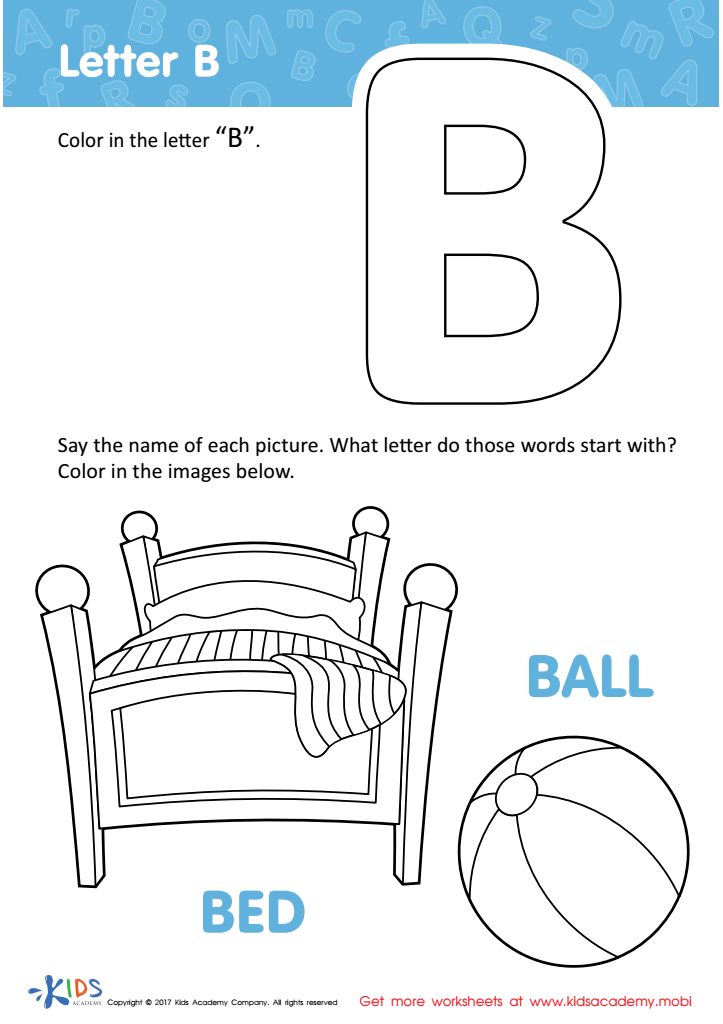

Letter B Coloring Sheet


Letter A Coloring Sheet


Letter H Tracing Page
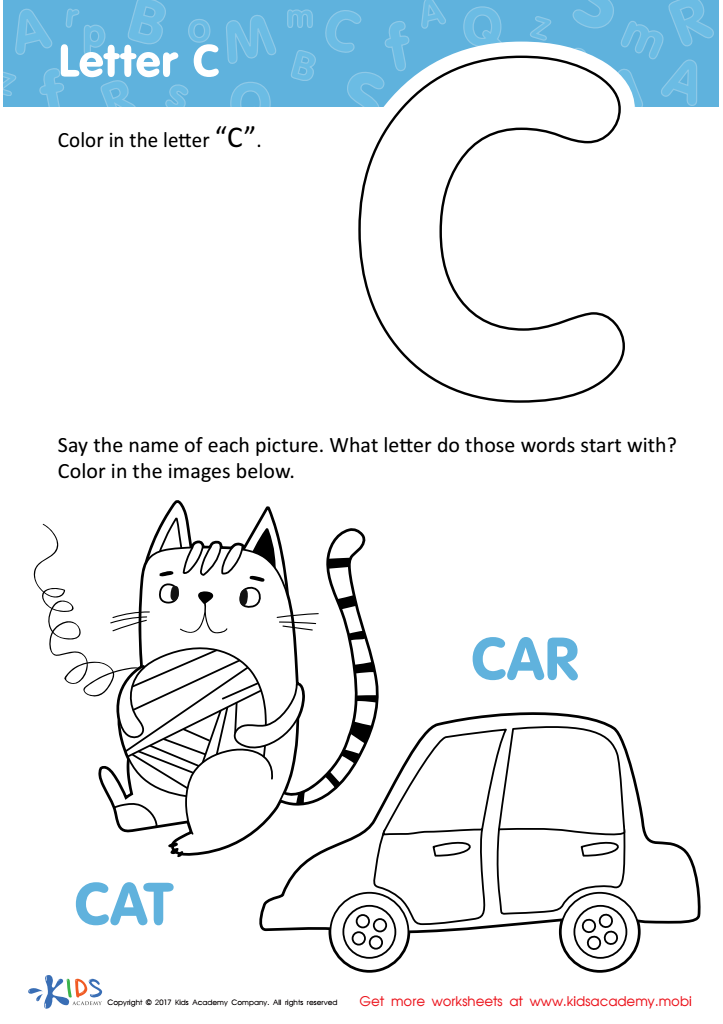

Letter C Coloring Sheet
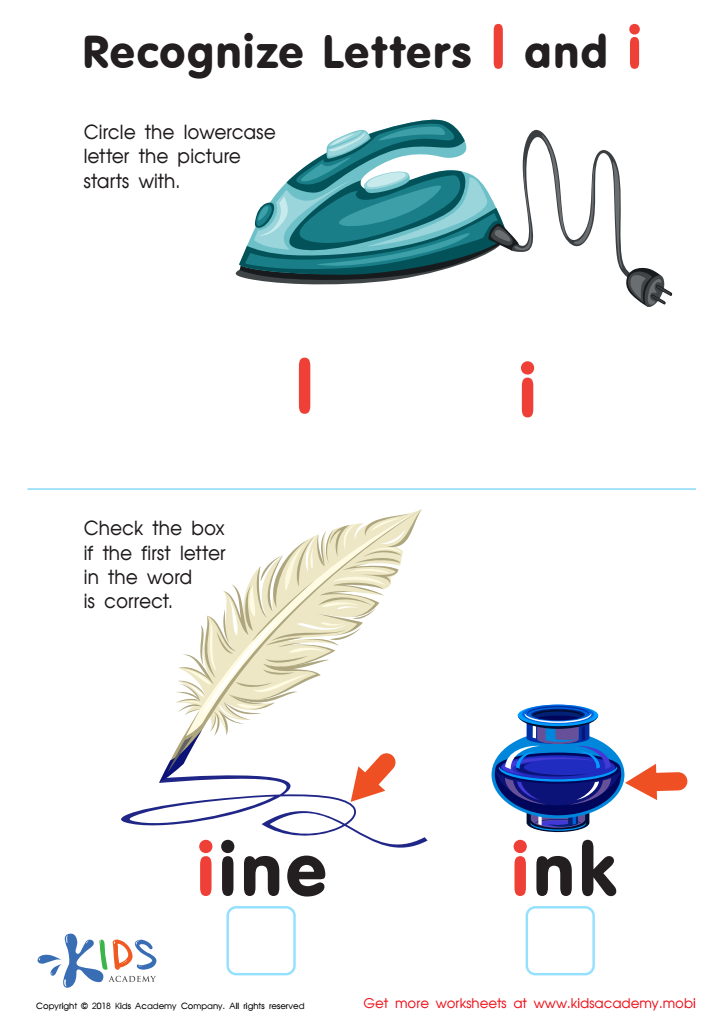

Recognize Letters l and i Worksheet
Writing practice for children ages 4-7, particularly focusing on normal ABC letters, is crucial for several reasons. First, mastering letter formation lays a solid foundation for literacy skills. At this age, children develop fine motor skills through activities that involve gripping pencils and forming letters, which also enhances their coordination. As they learn to write, they strengthen their cognitive abilities, boosting memory, attention, and concentration.
Additionally, writing practice fosters early literacy by helping children recognize and recall letters. This recognition is essential as it directly correlates to reading proficiency. The more children engage in writing activities, the more familiar they become with phonics and syllables, enriching their vocabulary.
Moreover, writing encourages self-expression. Children begin to communicate their thoughts, feelings, and stories, enhancing their social-emotional development. By practicing ABC letters, they gain confidence in their writing abilities, which can translate to a positive attitude towards learning.
Lastly, fostering a supportive environment for writing practice cultivates a love for reading and writing from an early age. Parents and teachers play a pivotal role in this journey, making it essential to prioritize and engage children in meaningful writing experiences.
 Assign to My Students
Assign to My Students
